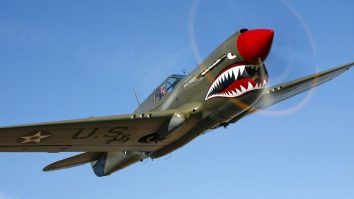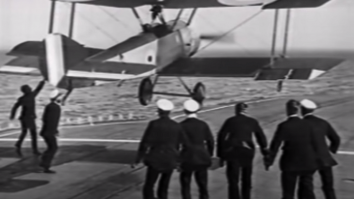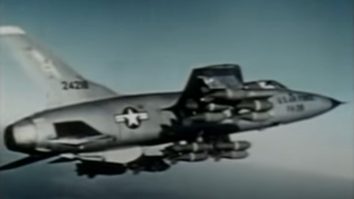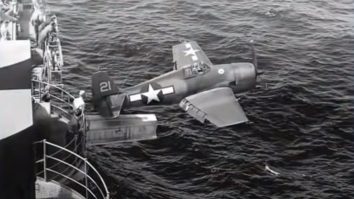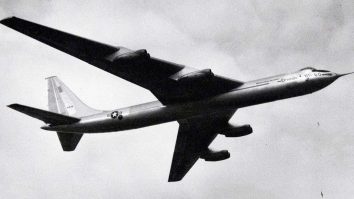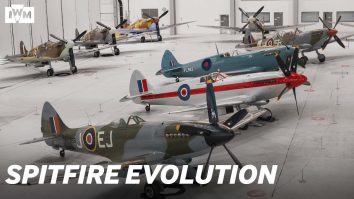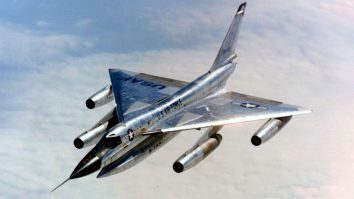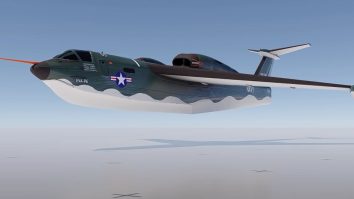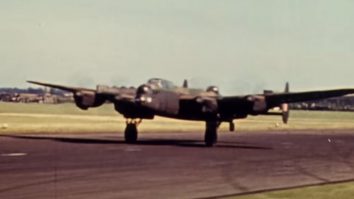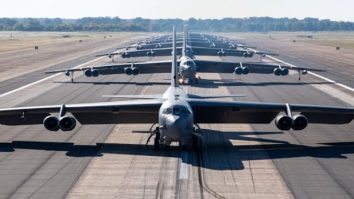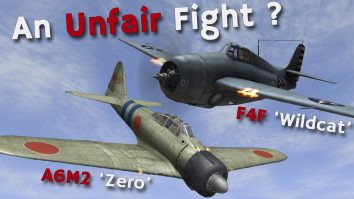1. Used in North African Campaigns The P-40 did not have a passable performance in northwestern Europe. Its lack of a two-stage supercharger made it relatively weaker than the Messerschmitts and Focke-Wulfe. Therefore, the decision was made to reassign the P-40 to the North African campaign which operated in Libya, Morocco, Tunisia, and Egypt. 2. […] More
1. Avoiding Crashing Planes Years back, plane crashes were common when planes mightily struggled to find their footing on landings. Crews on the deck have a couple of seconds to get out of the way if anything comes unexpectedly crashing down. There is no way of knowing where and how a plane would crash, so […] More
1. Used in Operation Rolling Thunder A massive aerial bombardment campaign launched by the US against Vietnam saw the heavy use of Thunderchiefs and Phantoms. The former flew 75 percent of the strikes and as a result, took the most losses than any other aircraft. After the end of the operation, more than half of […] More
1. Impressive Kill Ratio The Hellcat had one hell of a time shooting down enemy planes during WWII. With a 19:1 kill ratio, it looked like it was in another league of its own! There is no secret as to why this was the favorite of some of the best fighter aces in the war. […] More
1. Came From the B-36s In March 1951, the US Air Force gave a contract to Convair to convert the older B-36Fs to the newer B-36Gs. After much planning and deliberation, the proposed aircraft was too different from the B-36 models. Even though it shared 72% of its parts with the B-36, the name was […] More
1. Elliptical Wings The way its wings were designed made it fly as smoothly as possible. Spitfires could recover by pushing the nose down when facing the problem of stalling. The pre-stall buffet warnings also helped pilots determine if a stall would happen soon. 2. Improved Horsepower From the start, the Spitfire could only put […] More
Presence of SAMs The threat of the SA-2 Guideline did not do the B-58 any favors. In order to stave off the missiles, the B-58 had to fly at lower altitudes but the denser air meant it could not reach supersonic speeds. Constant Repairs A warbird getting repaired is a normal thing. But if your […] More
Impressive Range The SeaMaster had a reconnaissance range of 2083 miles. It could have played a big role in reconnaissance missions as it could also hold a massive high-altitude reconnaissance camera weighing 4,000 lbs and 27 M120 cameras. However, its main use wasn’t for reconnaissance alone. Big Payload It could hold 30,000 lbs of payload […] More
The Lancaster, also known as the Avro Lancaster, played a significant role in the defeat of Nazi Germany. It was Britain’s heavy bombing offensive. It could fly with the greatest number of sorties and deliver a greater tonnage of bombs than any other aircraft. Here are the ten reasons why Lancaster become the hero of […] More
The Boeing B-52 Stratofortress is an American long-range, heavy strategic bomber capable of dropping and launching nuclear bombs, missiles, and guided precision weapons. It was first designed by the Boeing company in 1948 for the United States air force. While this plane may seem like an old relic from the past, here are ten excellent […] More
1. Threat of Flaks The presence of Flaks made it hell for B-17s to operate safely. Flak bombs were designed to fly straight into the air and explode, causing shrapnel to scatter around their vicinity. If two of the four B-17 engines were hit, they were forced to bail out or force a landing because […] More
1. Need for Speed Reaching speeds of up to 331 mph, the Mitsubishi Zero outperformed the earlier versions of the F4F “Wildcat” in the Pacific. The F4F couldn’t keep up with the Zero as it only reached top speeds of 318 mph. Because of this, the American plane had to undergo several upgrades to keep […] More


